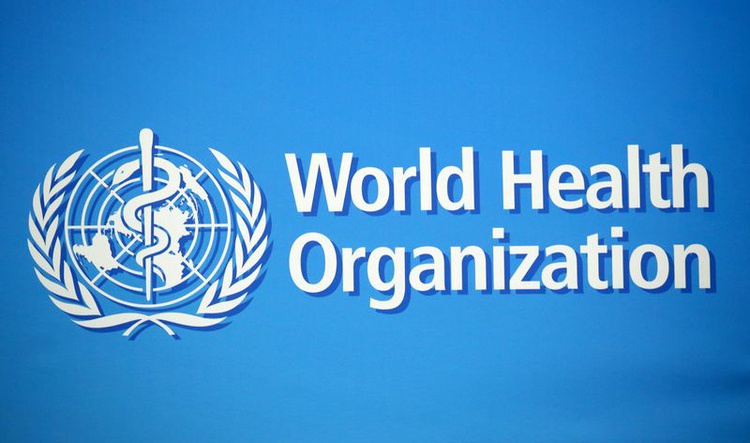By Asmau Ahmad
The World Health Organisation (WHO) says data remains essential for the organisation to carry out regular, rapid and robust risk assessments of the current situation of COVID-19.
Dr Tedros Ghebreyesus, WHO Director-General, said this during an online media briefing on COVID-19.
Ghebreyesus called on China to share the data on COVID-19 and also conduct studies on how to prevent future pandemics.
“With circulation in China so high and comprehensive data not forthcoming, it is understandable that some countries are taking steps they believe will protect their own citizens.
“This data is useful to WHO and the world and we encourage all countries to share it. We continue to ask China for more rapid, regular, reliable data on hospitalisations and deaths, as well as more comprehensive, real-time viral sequencing,” he said.
WHO boss said that the organisation was concerned about the risk to life in China and has reiterated the importance of vaccination, including booster doses, to protect against hospitalisation, severe disease, and death.
According to him, this is especially important for older people, those with underlying medical conditions, and others who are at higher risk of severe outcomes.
Ghebreyesus said that the dawn of a New Year in many countries offered a collective moment for both reflection and ambition for the year ahead.
“Now into the fourth year of the pandemic, the world is in a much better place than it was several years ago, due to clinical care management, vaccines and treatments.
“For most of last year, COVID-19 was on the decline.
“Vaccination increased across the world, and there was sustained progress in many low- and middle-income countries that had been left far behind in 2021.
“Such is due to vaccine nationalism and manufacturing capacity being restricted to just a handful of countries,” Ghebreyesus said.
He said that new lifesaving antivirals were identified in 2022, which helped cut mortality further, although the roll out followed a similar pattern of rich countries first.
According to him, WHO is working to improve access and on Christmas Day announced that the antivirals Nirmatrelvir and Ritonavir were prequalified for production by an Indian manufacturer.
He said that it was the first generic version of an antiviral to get WHO approval and should lead to increased production and access; particularly in lower- and middle-income countries.
The WHO boss said that in spite of clear progress, the threat of COVID-19 persists.
“There are still major inequities in access to testing, treatment and vaccination and ultimately COVID-19 remains a dangerous virus to our health, economies and societies overall.
“Every week, approximately ten thousand people die of COVID-19, that we are aware of; the true toll is likely much higher.
“We are really concerned about the current COVID-19 epidemiological picture, with both intense transmission in several parts of the world and a recombinant sub-variant spreading quickly,” Ghebreyesus said.
According to him, in recent weeks, there has been increasing reports of hospitalisation and health system pressure, particularly in temperate regions of the northern hemisphere where respiratory diseases including flu are also circulating.
He said that in late December, WHO held a high-level meeting with counterparts in China to discuss the surge in cases and hospitalisations.
He said they also had meeting with WHO’s Technical Advisory Group on SARS-CoV-2 Virus Evolution and the COVID-19 clinical management expert network groups both met with Chinese experts.




